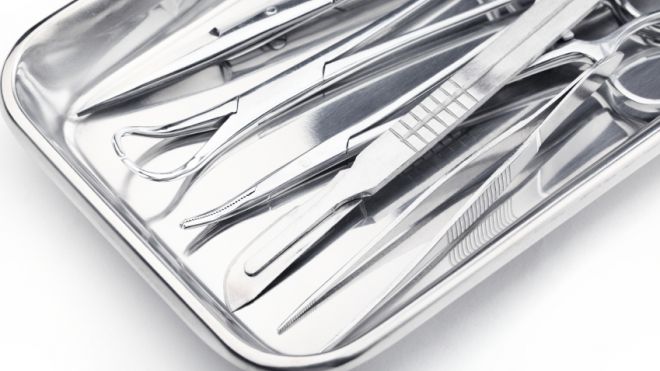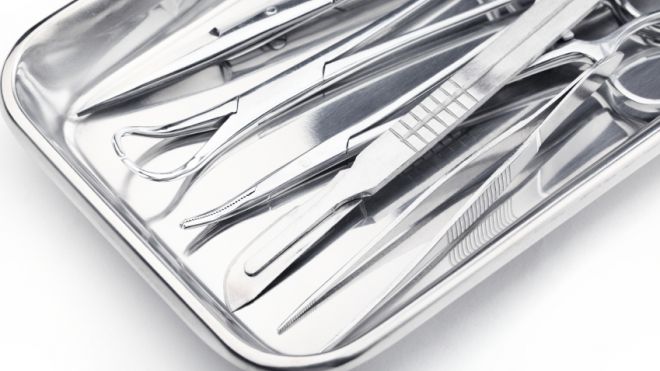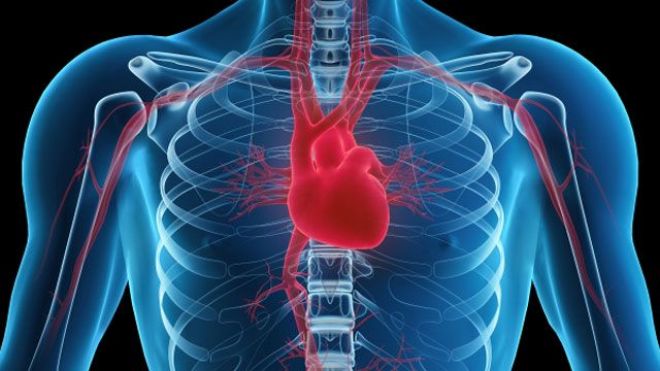
Bernard Yang Kim never wanted to be a bodybuilder. The 31-year-old currency trader simply wanted to look chiseled—like an underwear model, he jokes—which is why he found it odd to be staring up at a 315-pound barbell.  He had never benched so much weight in his life; few men ever do. But his usual trainer was out, and his gym had set him up with a substitute—one who, as it turns out, was not only overzealous but also a terrible spotter.  “The bar crashed onto my chest, tearing my pectoral muscle,” said Kim, who ended up in the ER. “It was excruciating.” While extreme, Kim's experience is not uncommon. There are roughly 230,000 personal trainers in the United States, a number that has jumped 44 percent in the last decade. Indeed, personal training is one of the few professions to not only blossom during a recession but also grow afterward as people turn to it for a second job and even a second career. And it's easier than ever to get certified: You can go online, take a course, and start training clients within a month. “It's a buyer-beware market,” Mike Boyle, certified athletic trainer and owner of Mike Boyle Strength and Conditioning in Massachusetts, said. “Getting hurt might be rare, but you can easily waste your time with someone who is ineffective at best and dangerous at worst.” In short, knowing how to recognize bad advice is more critical than ever. Read on for six of the worst fitness tips we've ever heard (like these 4 Moves Smart Trainers Hate), and six ways to get back on track. (For an easy-to-follow workout you can do at home, check out our Speed Shred DVD series, which will help you incinerate fat and uncover your abs in just 82 days!) Bad advice: “Go big or go home.” “There's this idea that you have to train to failure to trigger growth,” Boyle said. “But 'go big or go home' is a slogan for a meathead's T-shirt and a prescription for injury, not an effective training strategy. The truth is precisely the opposite—'slow and steady wins the race.'”  Not convinced? Talk to Bernard Yang Kim. The key to success in the weight room is to make consistent, incremental gains that ultimately add up to the body you want. Better move: Train to technical failure.  ”You want to do as many reps as you can with perfect form,” Boyle said. “Once you can't do a perfect rep, the set is over—no negative reps, no spotter assistance, no using momentum to crank out one more.”  When you can complete your goal reps for every set—three sets of 10, for example—you're ready to move up in weight. “Throw another five pounds on the bar or grab the next heaviest pair of dumbbells,” Boyle said. “It might not sound like much, but think about it this way: Even if you only go up five pounds every two weeks, you'll still add 130 pounds to your lift after a year.” Bad advice: “Push through the pain.” A little bit of soreness isn't a bad thing. It just means you've pushed your body harder than usual, causing microtears in muscles that ultimately lead to gains in size and strength.  ”But there's a big difference between soreness and pain, and ignoring pain is a ticket to the disabled list,” Boyle said. “I regularly ask my clients, 'Does the exercise make any of your joints hurt?' I don't care if the pain diminishes after they warm up—if they answer yes, that's the end of the exercise.” (Know what symptoms warrant a trip to your doctor: Learn the 7 Pains You Shouldn’t Ignore.) Better move: Find a pain-free alternative that works the same muscles.  “Just because the barbell bench press causes you shoulder pain doesn't mean you have to stop working your chest,” Boyle said. “Try using dumbbells, do incline presses, or switch to pushups.”  Changing your grip, angle, or movement pattern alters the load and positioning of your joints, allowing you to build muscle without breaking your body. Bad advice: “Protect your spine with crunches and sit-ups.” There's no denying that crunches and sit-ups can help you sculpt a six-pack, but they come with an inherent flaw: repeated spinal flexion, which can increase your risk of developing a back problem and aggravate existing damage.  Bottom line: By recommending crunches and sit-ups, some trainers facilitate the very injuries they're trying to prevent, Tony Gentilcore, certified strength and conditioning specialist, a trainer at Cressey Performance in Massachusetts, said. Better move: Do stability exercises.  “Stability, or resisting unwanted motion, is the true function of your core, and exercises that reinforce that function protect your spine,” Gentilcore said.  Try the Swiss ball rollout: Sit on your knees in front of a Swiss ball and place your forearms and fists on the ball. Slowly roll the ball forward, straightening your arms and extending your body as far as you can without allowing your lower back to “collapse.” Use your abdominal muscles to pull the ball back to the starting position.source : http://www.foxnews.com/health/2013/06/09/most-dangerous-fitness-advice/








